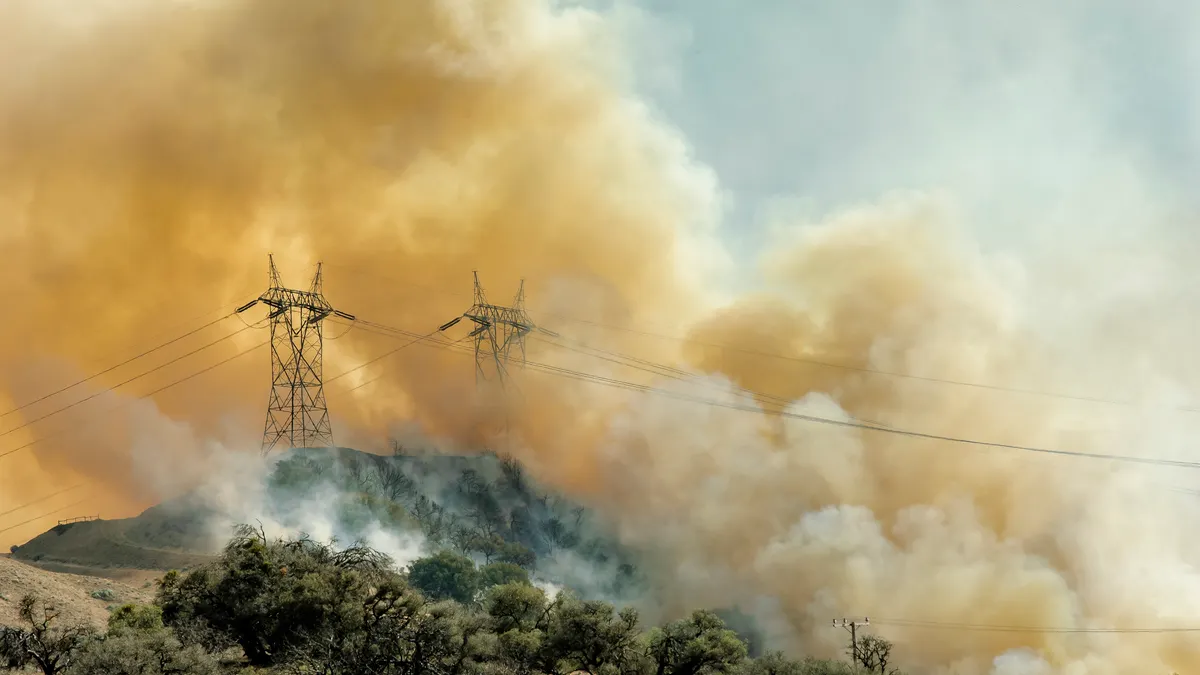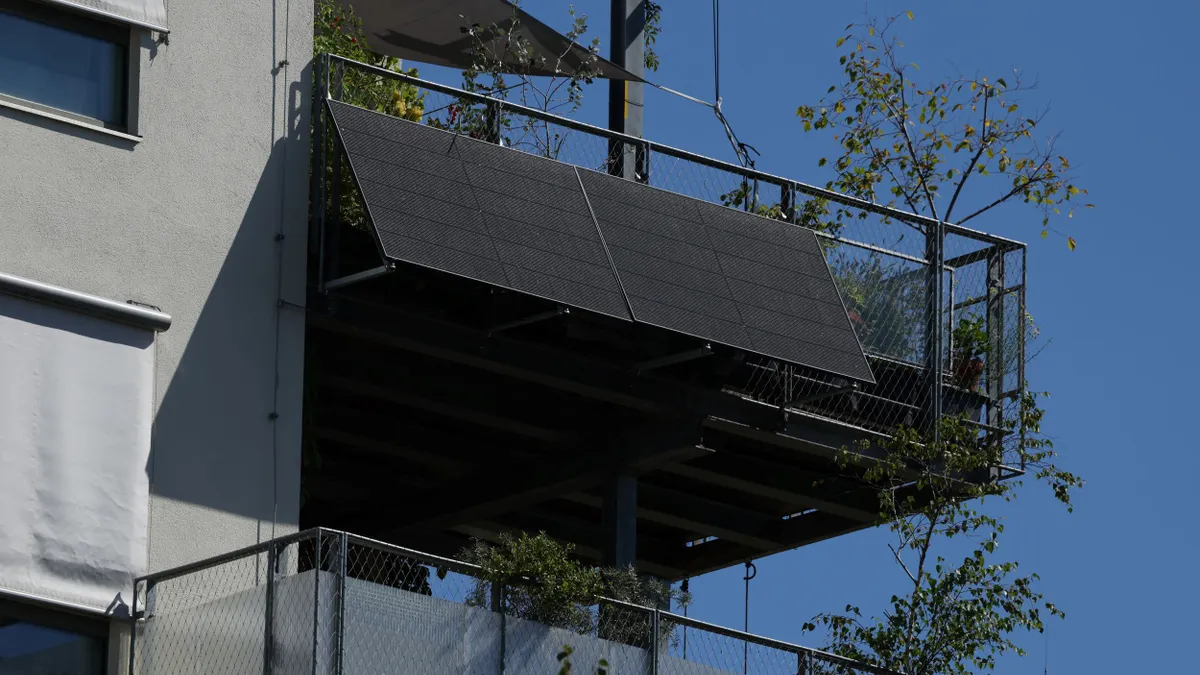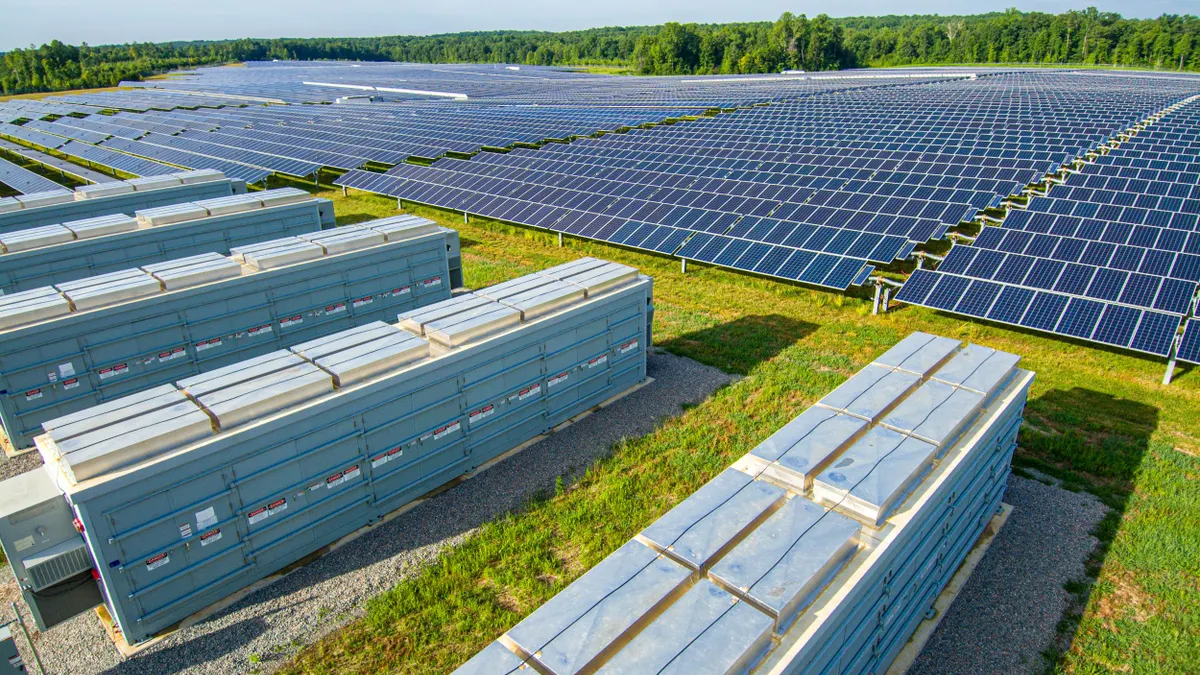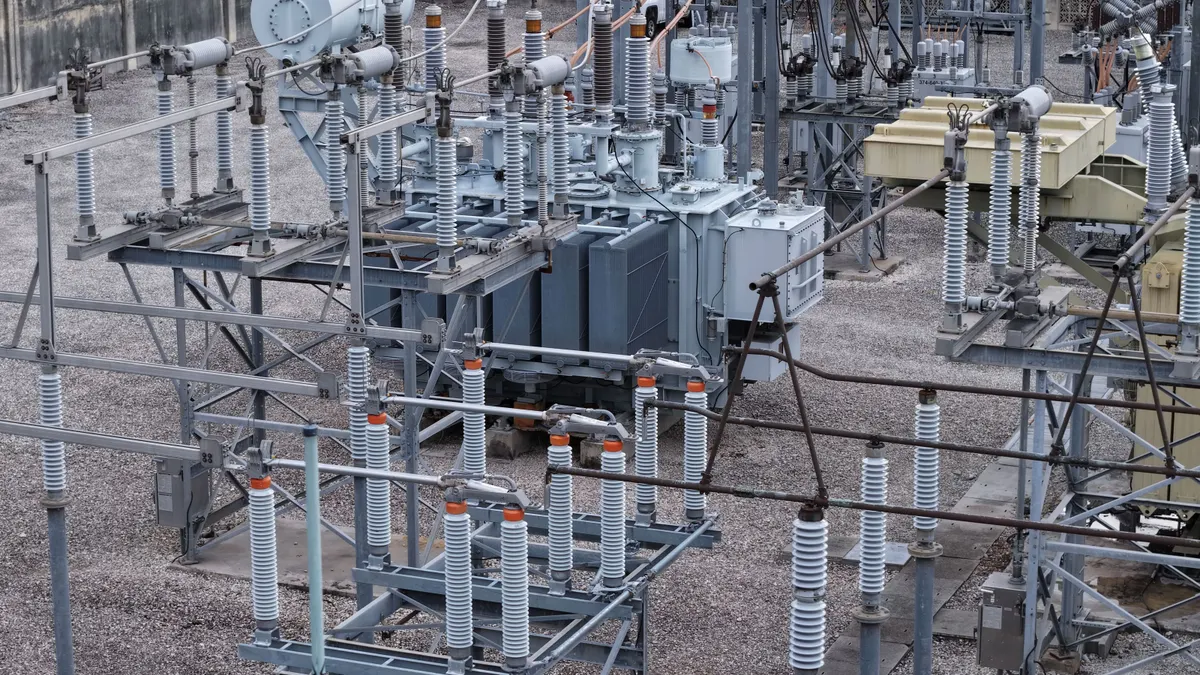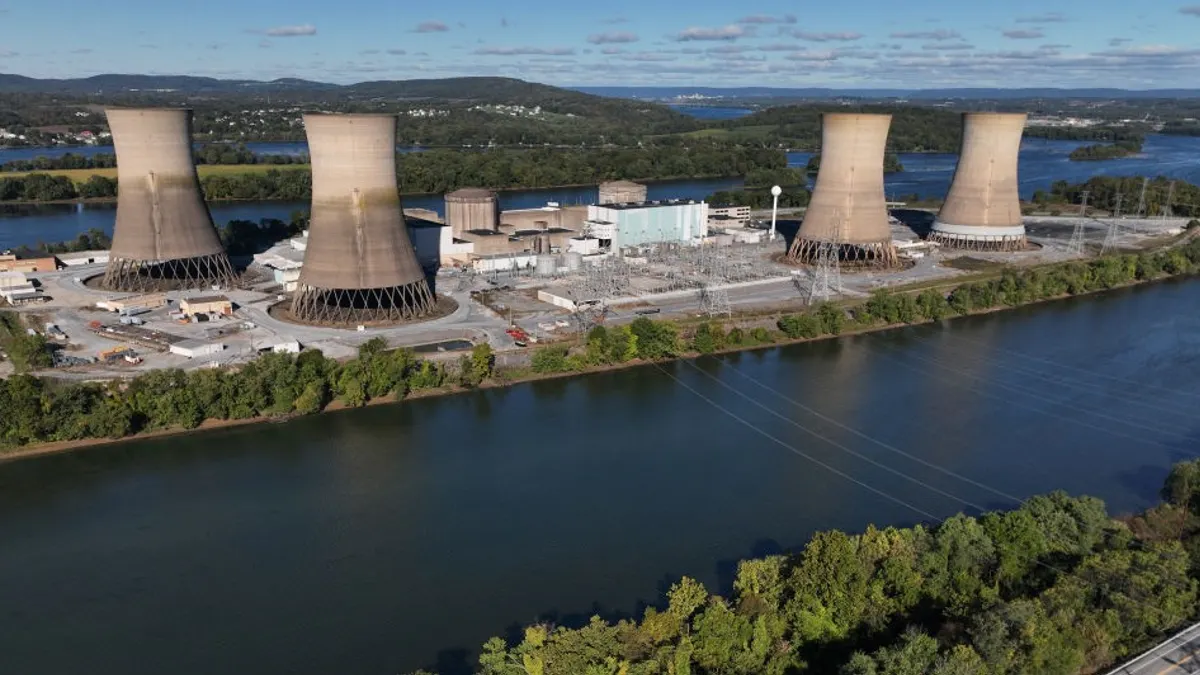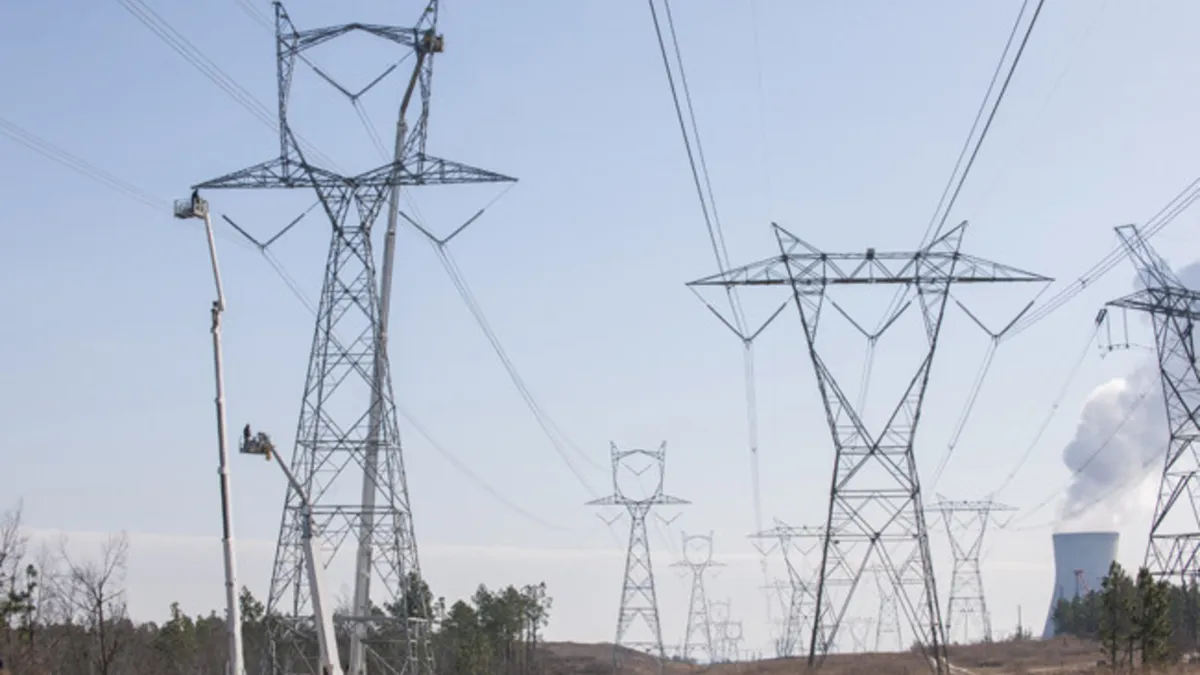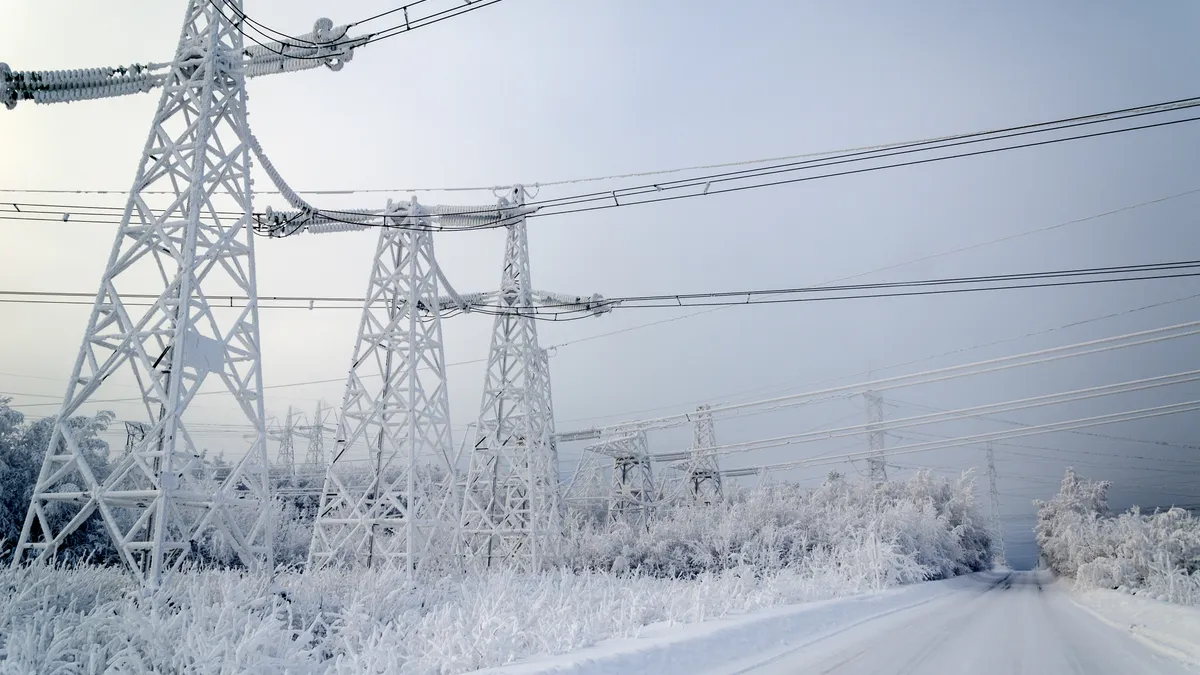David Crane became NRG's CEO in 2003 when the former Xcel Energy independent power subsidiary was emerging from bankruptcy. Crane, who was serving as CEO of London-based International Power at the time, appeared a good choice to lead NRG. He had experience at a major power company and before that he was a senior vice president in the Global Power Group at Lehman Brothers. What we didn't know was that Crane was an awesome quote.
To mark Crane's ten years at NRG, we've put together a dozen of our favorite Crane quotes. Some are funny (well, as funny as utility talk can be), but they also chart how one key insider has viewed the changes that have been going on in the utility sector over the last decade.
1. 'Mindless pursuit of megawatts'
When Crane took over NRG, the company and other independent power producers (IPP) were in turmoil because they had built too many power plants, often without long-term off-take agreements.
NRG wouldn't repeat the mistakes of the past through the "mindless pursuit of megawatts," Crane said, a jab at some of the company's peers.
2. 'You can't go to the men's room'
After NRG emerged from bankruptcy the company decided recovering its investment grade credit rating wasn't important.
“The prospect of any company in the merchant generation industry recovering investment grade is a delusion and that’s not the way we we’ll operate this company,” Crane said at a Lehman Brothers conference. “You can’t go to the men’s room without calling [the rating agencies] and asking them if it’s going to affect your credit rating,” he said.
3. 'We want to move very aggressively'
In 2007, NRG, which owned lots of coal-fired power plants, saw that the landscape was shifting.
“The one true growth area in this mature industry of ours is in the environmental area, and carbon may be the biggest growth area, supplementing renewables” Crane said. “We want to move very aggressively in this area.”
Since then, NRG has focused heavily on renewable generation, but carbon capture never worked out.
4. 'The U.S. will increasingly have to resort to natural gas'
In 2008, Crane saw how important natural gas would be to the utility industry, and this was before we knew that age of coal was really over. However, like others, he didn't foresee how long natural gas prices would remain low.
“The U.S. will increasingly have to resort to natural gas to meet its electricity demand growth,” Crane said. “Non-natural gas [generating] capacity is not being added fast enough or on a sufficient scale to avoid substantially increased demand for natural gas over the short and medium term.”
5. 'This is such a wasteful country'
Before “new normal” and “death spiral” were every-day ideas, there was Crane.
Energy efficiency is “the greatest long-term threat to the [power] industry,” Crane said at a Merrill Lynch conference in 2008. “This is such a wasteful country and with the cost of everything going up, it seems efficiency and conservation is a no brainer.”
At the same time, with carbon and sustainability concerns rising, Crane believed the power industry had to shift toward carbon capture and sequestration, non-wind renewables, electric storage and coal gasification. “There will be opportunities for enormous growth and substantial profit,” Crane said. “Absent success in these areas I believe the power industry will go into a contraction mode over the long term as conservation and efficiency soak up and ultimately reverse natural demand growth.”
Back then, Crane thought the power industry might have a hard time adapting because it is “structurally and temperamentally ill suited to achieve necessary breakthroughs.” The industry “has done almost nothing to prepare for the future, even though the challenges are plain to see,” he said. IPPs, which were supposed to be faster, cheaper and more open to innovation than regulated utilities, have lost their entrepreneurial practices, according to Crane. “Many of the IPPs today are mediocre imitations of utility operating companies,” he said.
6. Renewables are 'a fact of life'
NRG was ahead of the curve in viewing renewable and sustainable energy as a growth area for the industry. “This is where we expect the growth to be,” Crane said. Renewables are “a fact of life” that will “spread to all markets,” he said. “We want to be a leader in renewables.”
7. 'Eight long years in the witness relocation program'
In 2010, Crane thought older coal-fired power plants would soon be retired, driven by changes at the Environmental Protection Agency after Barack Obama became president. “There is no doubt EPA is resurgent after eight long years in the witness relocation program,” Crane said at a Credit Suisse conference.
8. 'We see the future in terms of a dual strategy'
NRG is different from its IPP peers, who Crane makes sound like a bunch of galoots. “A key differentiation point between us and our current peer group of merchant generators now and increasingly in the future, is that we see the path to maximum shareholder value creation as something different from just lining up as many power plants as you can get your hands on so that you can sell as many megawatt hours that you can at natural gas derived prices,” Crane said.
Instead, NRG is trying to diversify its operations. “We see the future in terms of a dual strategy ... using our core wholesale generation plus retail strength, as a platform to springboard into a range of non-natural gas correlated revenue and free cash flow streams, such as renewable energy credits, carbon credits, payments for capacity, firming and other auxiliary services and green energy service business, whether associated with smart meters, electric vehicle infrastructure or both,” Crane said.
9. 'I am more confident than I ever have been'
NRG's nuclear ambitions never panned out. The company and Toshiba planned a $10 billion, 2,700-MW expansion at the South Texas Project nuclear plant. “I am more confident than I ever have been that our project will ultimately be awarded a [DOE] nuclear loan guarantee,” Crane said. “I do not know when.”
The answer: never.
10. Rooftop solar may 'revolutionize the hub and spoke power system'
Crane saw today's rise of rooftop solar, which he said would outpace utility-scale projects. “The distributed, residential is going to end up swamping the big-scale projects,” he said.
Falling PV costs has “the potential to revolutionize the hub and spoke power system, which currently makes up the power industry,” he said.
11. 'Wiping out the coal industry'
“Natural gas is in the process of wiping out the coal industry," Crane said. “It’s a big shock as a power generator. It’s wiping out the nuclear industry quicker than we thought.”
Dominion Resource's Kewaunee nuclear plant fell victim to low gas prices when it was retired last year.
12. 'Do we actually get to the point where we are tearing down the grid?'
Crane is always looking ahead, and what he sees is definitely not your grandfather's utility.
"Does the grid just become a backup system the way the post office is effectively a backup system for Federal Express and UPS for high-value mail?" Crane said this fall. "Or do we actually get to the point where we are tearing down the grid because it’s actually not being used at all?"
Climate change and harsh weather will help drive distributed generation, according to Crane. “I can’t tell you how quickly the switch to distributed generation will happen, but I’ll tell you that after a couple more Superstorm Sandy’s it’ll happen a hell of lot quicker.”



